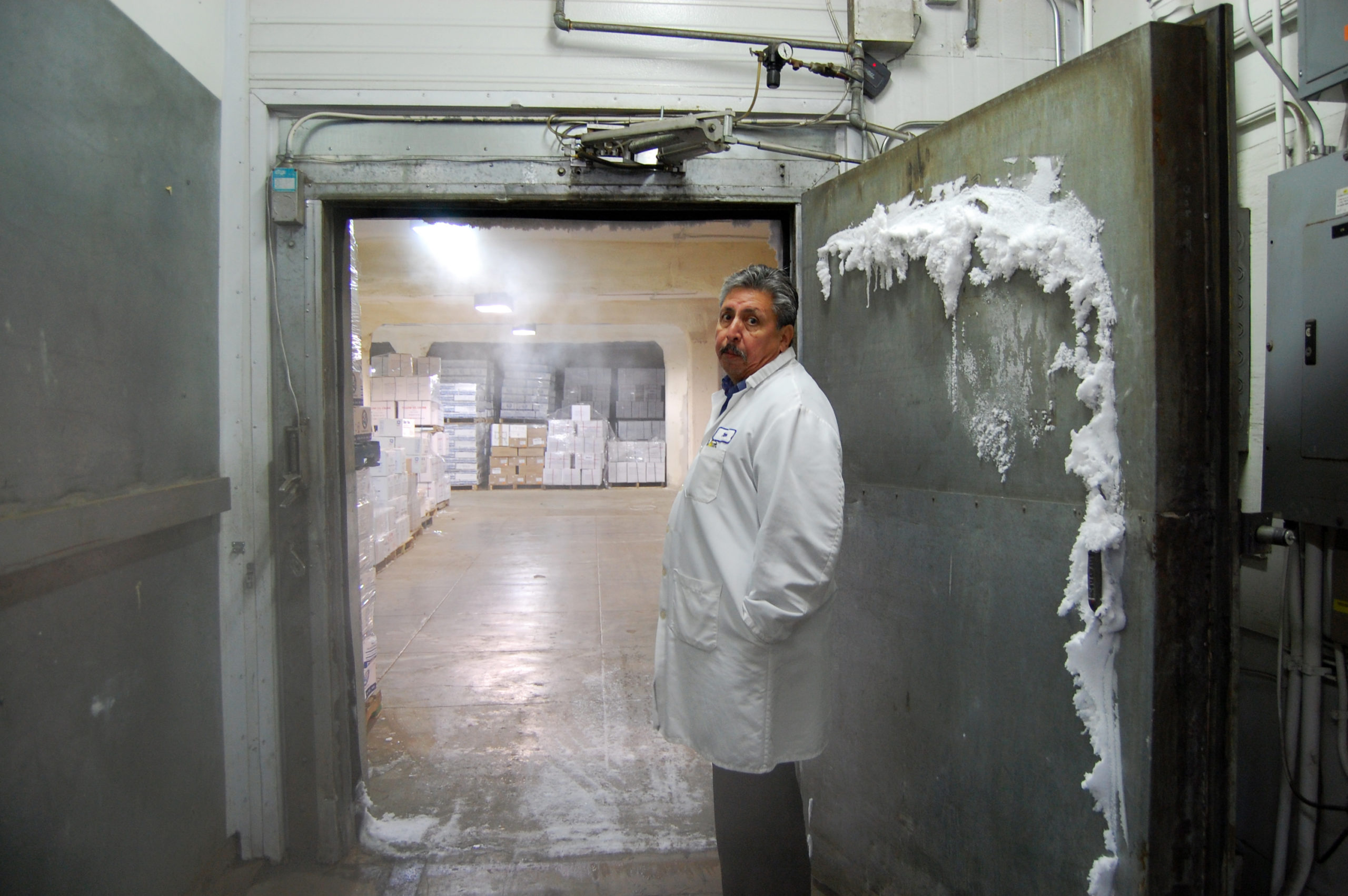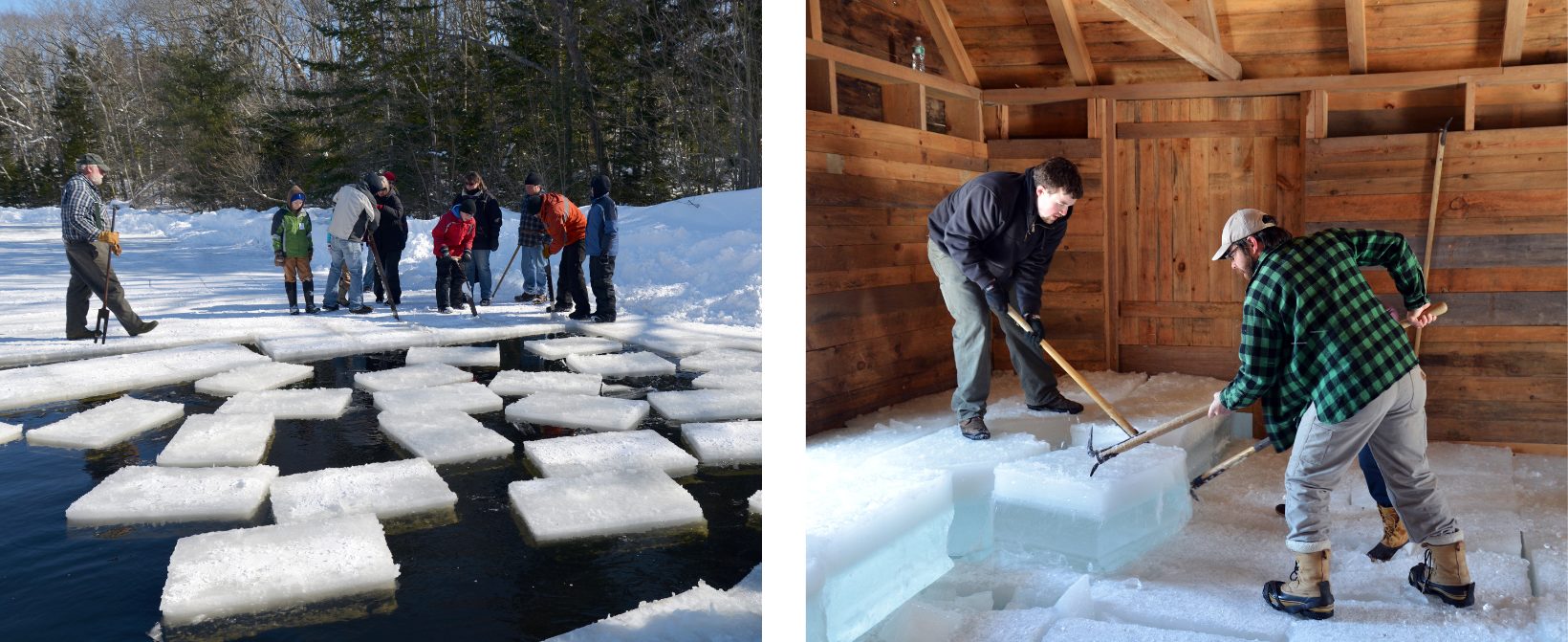Gastropod looks at food through the lens of science and history.
Co-hosts Cynthia Graber and Nicola Twilley serve up a brand new episode every two weeks.
Co-hosts Cynthia Graber and Nicola Twilley serve up a brand new episode every two weeks.
Frostbite tells the story of how humanity has harnessed cold: from Paleolithic ice pits to the ice houses that led to the invention of wine slushies and ice cream, to the inventors, entrepreneurs, and scientists who finally figured out how to create cold in warehouses, ship holds, railroad cars, shipping containers, and eventually, your kitchen. Join Nicky as she takes a job in a refrigerated warehouse, builds her own refrigerator from scratch, and explores the future of refrigeration in Rwanda—and along the way, shows how this vast thermal network that underpins our global food system has reshaped what we eat, where it's grown, what it tastes like, and how good it is for us and our planet. And, if you're still not convinced, listen to Pulitzer Prize-winning author and New Yorker staff writer Elizabeth Kolbert: "It’s a fascinating, eye-opening journey, and Twilley is a fabulous guide. Frostbite will forever change the way you look at food."
Pre-order your copy today, and email us at contact AT gastropod DOT com with your proof of purchase to be entered to win one of the limited-edition Frostbite fridge poetry magnets Nicky designed for the book's release! Frostbite comes out on June 25, and it's already been selected by Kirkus Reviews as one of 20 books that should be bestsellers and picked by The New York Times as one of 17 new books to check out in June.
You may have heard of Frostbite author Nicola Twilley before. Nicky is, of course, the co-host of Gastropod as well as the author of the super-cool book at the center of this week's episode. If you'd like to see her live during her book tour, you can find those events at: https://www.nicolatwilley.com/events/
 Tom Rodriguez leads Nicky into the vast artificial winter of L.A. Cold Storage, just one of the many refrigerated warehouses making up the cold chain that preserves much of the food we eat. (Photo by Nicola Twilley)
Tom Rodriguez leads Nicky into the vast artificial winter of L.A. Cold Storage, just one of the many refrigerated warehouses making up the cold chain that preserves much of the food we eat. (Photo by Nicola Twilley)
 Before the advent of mechanical refrigeration, food could be kept cold in ice houses, chilled by blocks of ice harvested during the New England winter. Here, volunteers cut and store ice at Thompson Ice House in South Bristol, Maine, one of the few places in the United States that still practices "harvesting winter." (Photos by Nicola Twilley)
Before the advent of mechanical refrigeration, food could be kept cold in ice houses, chilled by blocks of ice harvested during the New England winter. Here, volunteers cut and store ice at Thompson Ice House in South Bristol, Maine, one of the few places in the United States that still practices "harvesting winter." (Photos by Nicola Twilley)
Founded by James Rogers, Apeel uses food waste to create nanoscale coatings that keep produce fresh—no refrigeration required!
Click here for a transcript of the show. Please note that the transcript is provided as a courtesy and may contain errors.